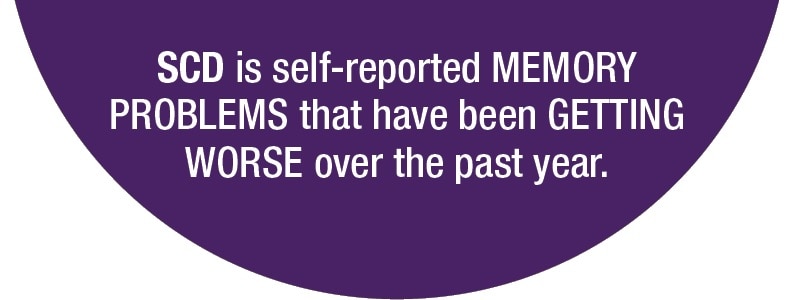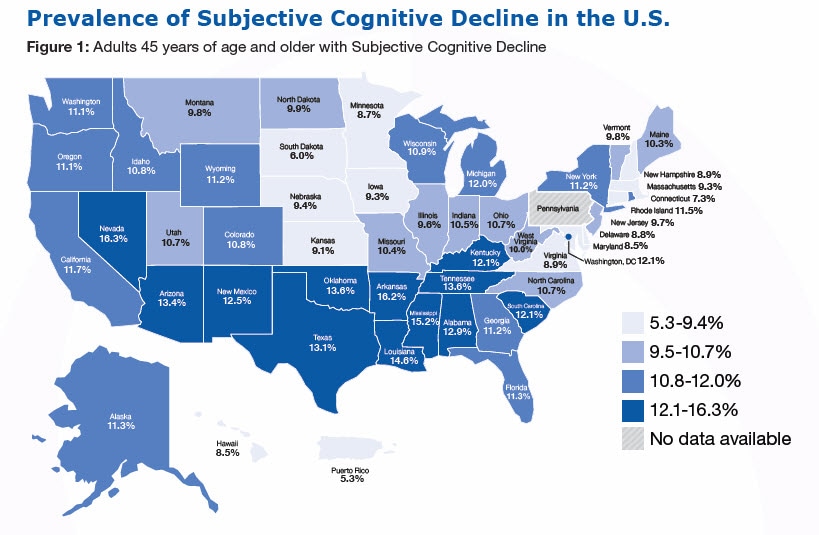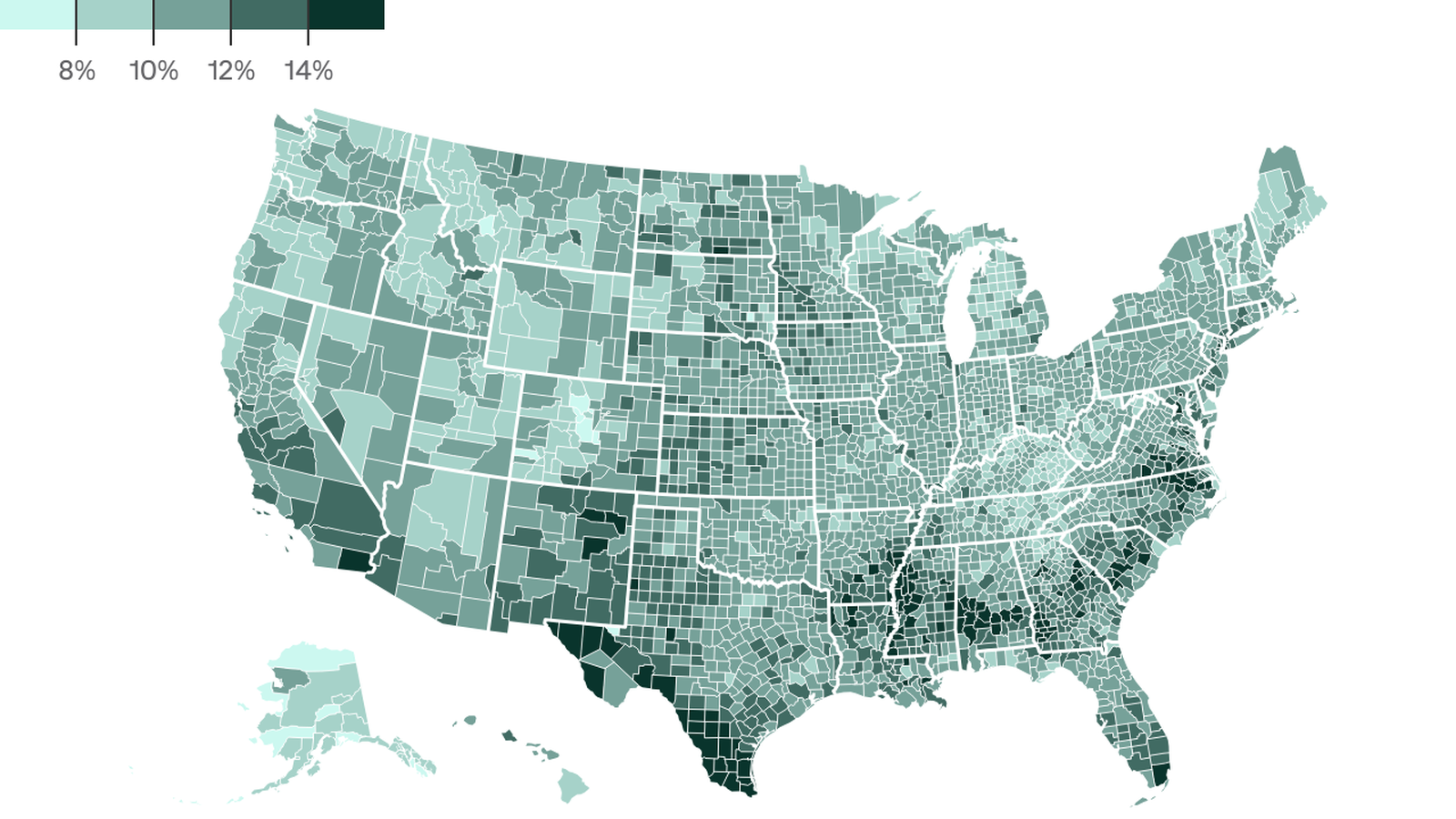SCD Definition
Subjective Cognitive Decline is self-reported confusion
or memory problems that have been happening more
often or getting worse in the past 12 months.
Arizona had highest self-reporting of confusion, memory loss in survey of 18 states
KJZZ | By Kathy RitchiePublished June 18, 2024 at 2:48 PM MST
Kathy Ritchie
Senior field correspondent Kathy Ritchie has 20 years of experience reporting and writing stories for national and local media outlets — nearly a decade of it has been spent in public media.
The survey also found that 44% of those reporting symptoms had not talked to a health-care professional.
"Some of these individuals have even started to have difficulties as a result of their memory problems," she explained.
Senior field correspondent Kathy Ritchie has 20 years of experience reporting and writing stories for national and local media outlets — nearly a decade of it has been spent in public media.
Recent data from the Centers for Disease Control has found that Arizonans age 45 and older have self-reported signs of worsening or more frequent confusion or memory loss. And they are the earliest warning signs of Alzheimer’s disease.
Not all of the individuals surveyed will go on to develop Alzheimer’s or other dementias.- The CDC analyzed data from the 2022 Behavioral Risk Factor Surveillance System, which is administered by state health departments.
- Arizona was among 18 that participated.
"In Arizona 15% of those aged 45 and older report, they are experiencing confusion or memory loss that is happening more often or is getting worse,"
---- said Tory Roberg, the director of government affairs for the Alzheimer's Association in Phoenix.
"This is what we call subjective cognitive decline.
What's striking about that is that of the 18 states who participated, Arizona is number one."
The survey also found that 44% of those reporting symptoms had not talked to a health-care professional.
"Some of these individuals have even started to have difficulties as a result of their memory problems," she explained.
Arizona has the fastest growth rate of Alzheimer’s disease in the country.
___________________________________________________________________________________
Here is the most recent 2022 data
The aggregate BRFSS combined landline and cell phone data set is built from the landline and cell phone data submitted for 2022 and includes data from 50 states, the District of Columbia, Guam, Puerto Rico, and the US Virgin Islands.
Additional data reports can be generated and
viewed through the CDC Healthy Aging Data Portal https://www.cdc.
gov/aging/agingdata/index.html).
These data were examined in two age groups, adults 45-64 years and
65 years of age and older, as well as by sex, race, Hispanic ethnicity,
chronic disease status, and other demographic characteristics
Measure Definitions |
| CI = Confidence Interval. CI describes the level of uncertainty of an estimate and specifies the range in which the true value is likely to fall. These reports use a 95% level of significance, which means that 95% of the time, the true value falls within these boundaries. When comparing prevalence of variables across states or years, we recommend the use of confidence intervals. If the confidence intervals overlap, the difference is not statistically significant. |
Data Source |
| Behavior Risk Factor Surveillance System (BRFSS) All responses are self-reported by adults 18 years or older. |
Suggested Citation |
| Centers for Disease Control and Prevention. National Center for Chronic Disease Prevention and Health Promotion, Division of Population Health. Healthy Aging Data [online]. [accessed Jun 19, 2024]. URL: https://www.cdc.gov/aging/agingdata/index.html. |
Alzheimer's Disease and Healthy Aging Data
Explore by Location
|
___________________________________________________________________________________
RELATED











No comments:
Post a Comment